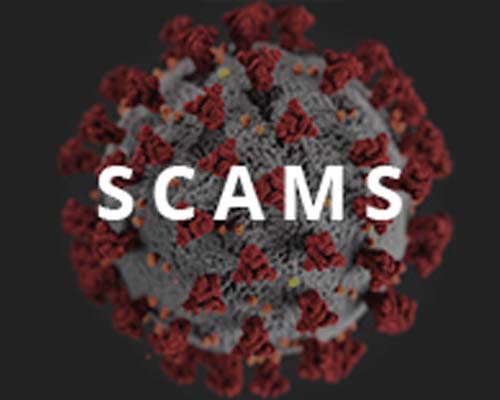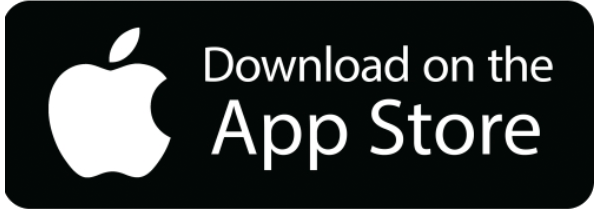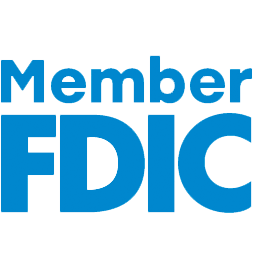 Honesdale, PA – In April, the Federal Trade Commission reported that Americans had lost almost $13 million in COVID-19 related scams. This unprecedented situation has unfortunately created new opportunities for criminals and consumers should be on high alert. Some of the most frequently reported Coronavirus related scams include those pertaining to economic relief, treatments and vaccines, healthcare providers, debt relief and investments, and charitable donations.
Honesdale, PA – In April, the Federal Trade Commission reported that Americans had lost almost $13 million in COVID-19 related scams. This unprecedented situation has unfortunately created new opportunities for criminals and consumers should be on high alert. Some of the most frequently reported Coronavirus related scams include those pertaining to economic relief, treatments and vaccines, healthcare providers, debt relief and investments, and charitable donations.
The professionals at Wayne Bank have compiled the following tips to help you avoid COVID-19 related scams.
- Don’t take the bait. Phishing scams use fraudulent emails, texts, phone calls, and websites. Scammers may claim to be from the Internal Revenue Service (IRS), Medicare, the Centers for Disease Control (CDC), or the Social Security Administration (SSA). Remember to never share your social security number (SSN), account information, or personal details over the phone or internet, unless you initiated contact with a trusted source. Also, make sure that you approach unusual attachments and links with caution, as they may be infected with malware that can track your keystrokes to obtain your passwords, SSN, credit card numbers, and other sensitive information. Keeping your computers and mobile devices up to date with the latest security software, web browsers, and operating systems is the best defense against viruses, malware, and other online threats.
- Ignore offers that are too good to be true. If there is a medical breakthrough for a COVID-19 vaccine, cure, or treatment, it won’t be reported through unsolicited emails or online ads. Remember, if it seems too good to be true, it probably is.
- Look out for imposters. Criminals may pose as a government entity, official business, doctor, or financial advisor and contact you by mail, phone, or email. If the individual tells you that you have to act immediately or pay with a wire transfer or gift card, that’s a red flag that it’s a scam. If you are not expecting the communication, the safest response is to dispose of the letter, hang up the phone, or delete the email. Remember to never provide personal information or send money without first doing your research.
- Rely on official sources. For the most up-to-date information on COVID-19, visit the CDC, World Health Organization, or your state’s health department websites. Do not believe everything you read online or through social media.
- Research before you donate. Be on the lookout for anyone using social media, email, phone calls, mailers, or even visits to raise money for phony organizations or companies producing medical supplies or vaccines.
- Use caution when investing. Before you make investments, remember there is a high potential for fraud right now. Be wary of anyone who says they can help you increase earnings quickly or recoup any stock market or financial losses during this pandemic.
You can help others by reporting COVID-19 related scams. Visit the FBI’s Internet Crime Compliant Center at www.ic3.gov to report any suspected or confirmed scams. For more information, visit the Federal Trade Commission’s Coronavirus Scam page at https://www.consumer.ftc.gov/features/coronavirus-scams-what-ftc-doing .
Wayne Bank is a subsidiary of Norwood Financial Corp., Member FDIC, Equal Housing Lender, and is located in Honesdale, Pennsylvania. The Bank has 27 Community Offices serving Wayne, Pike, Monroe, Lackawanna, and Luzerne Counties in Pennsylvania, along with Delaware and Sullivan Counties in New York State. The stock trades on the NASDAQ Global Market under the symbol— NWFL.
Click below for a PDF version of this news release.
Click the photo icon for a larger image of the photo above.





